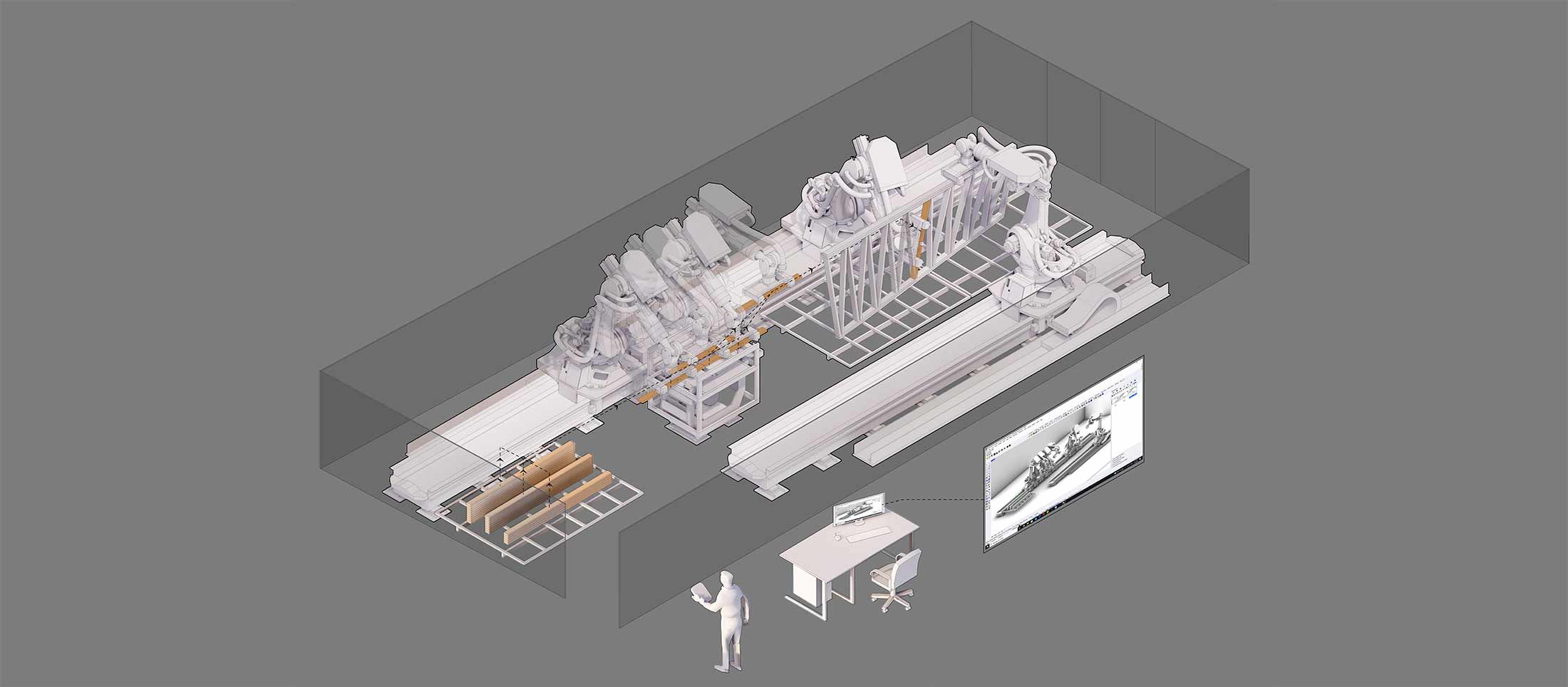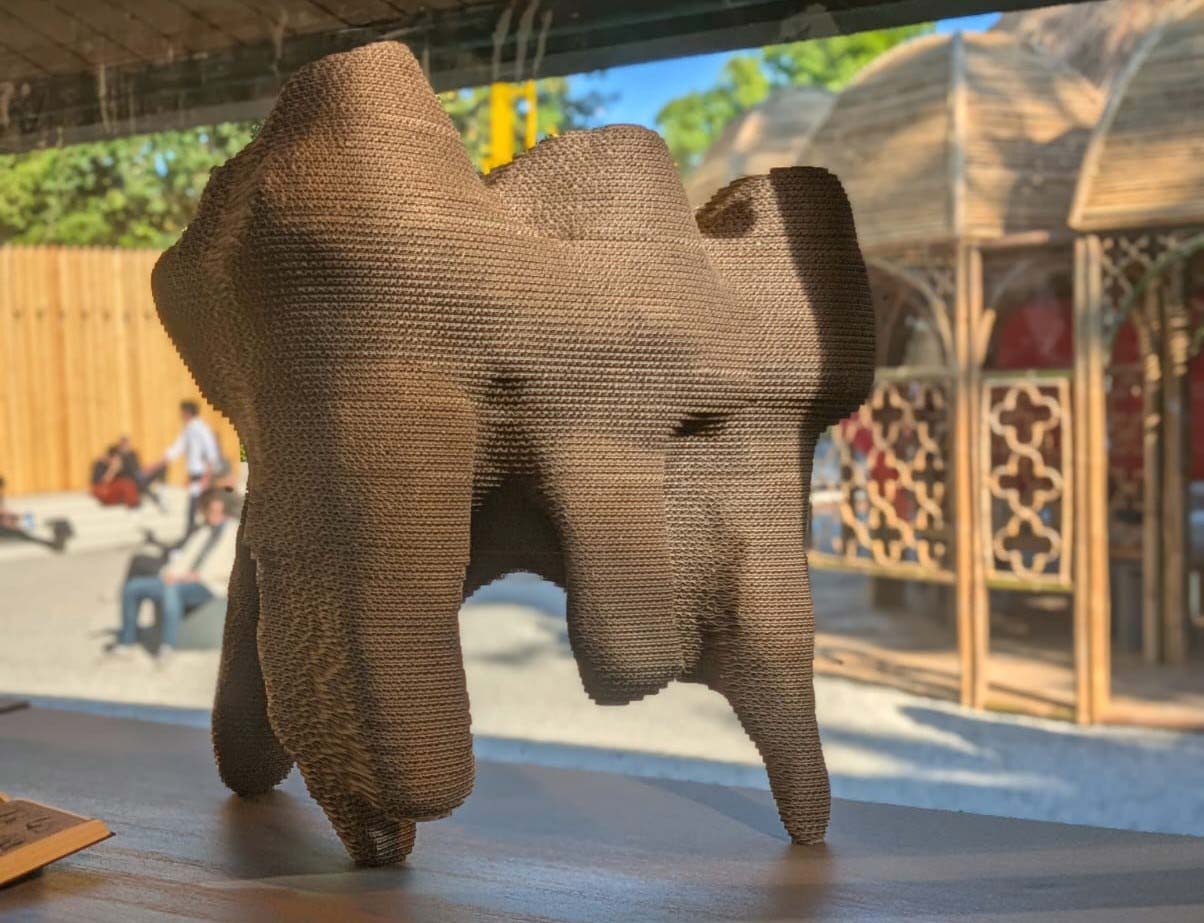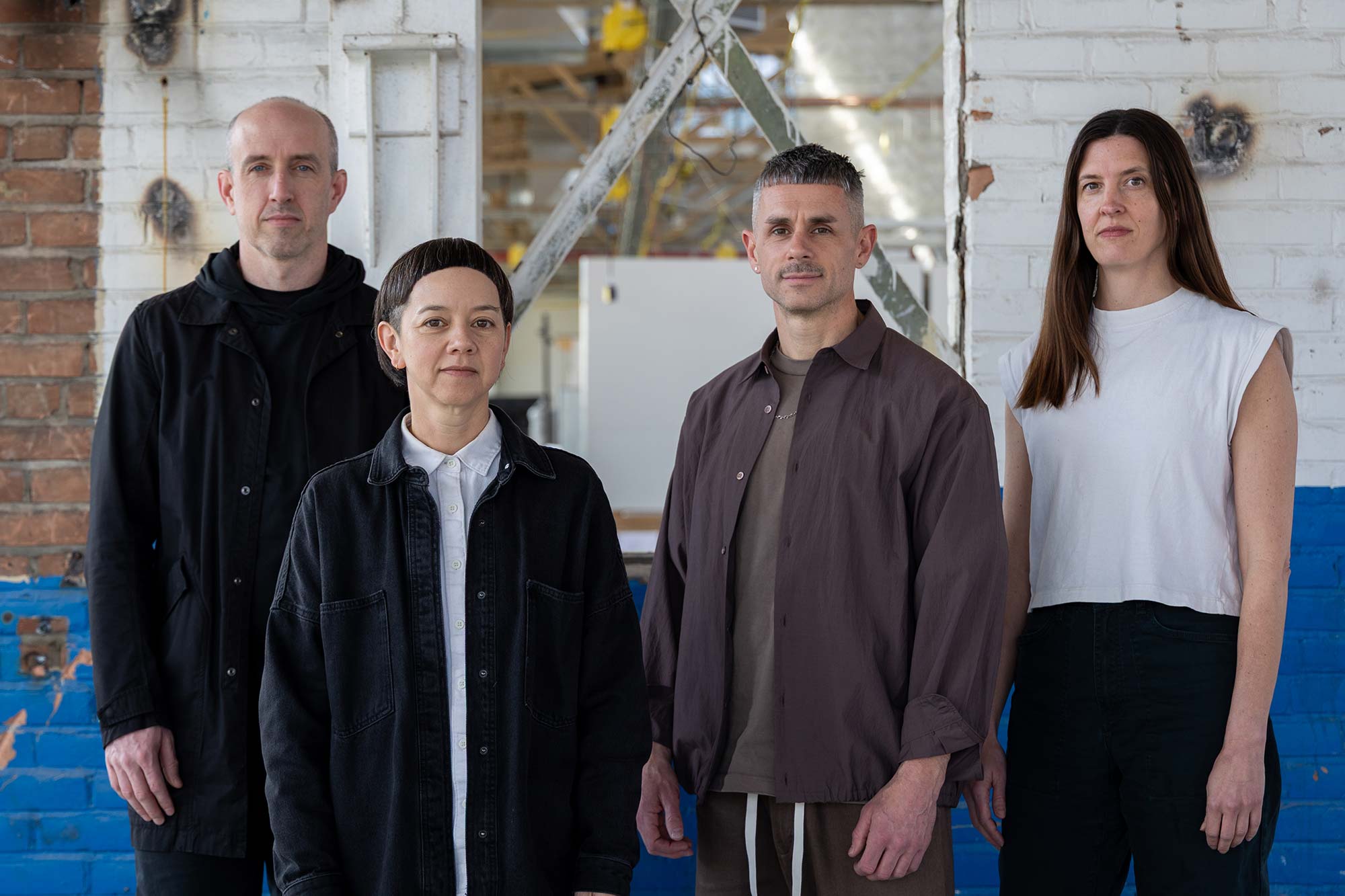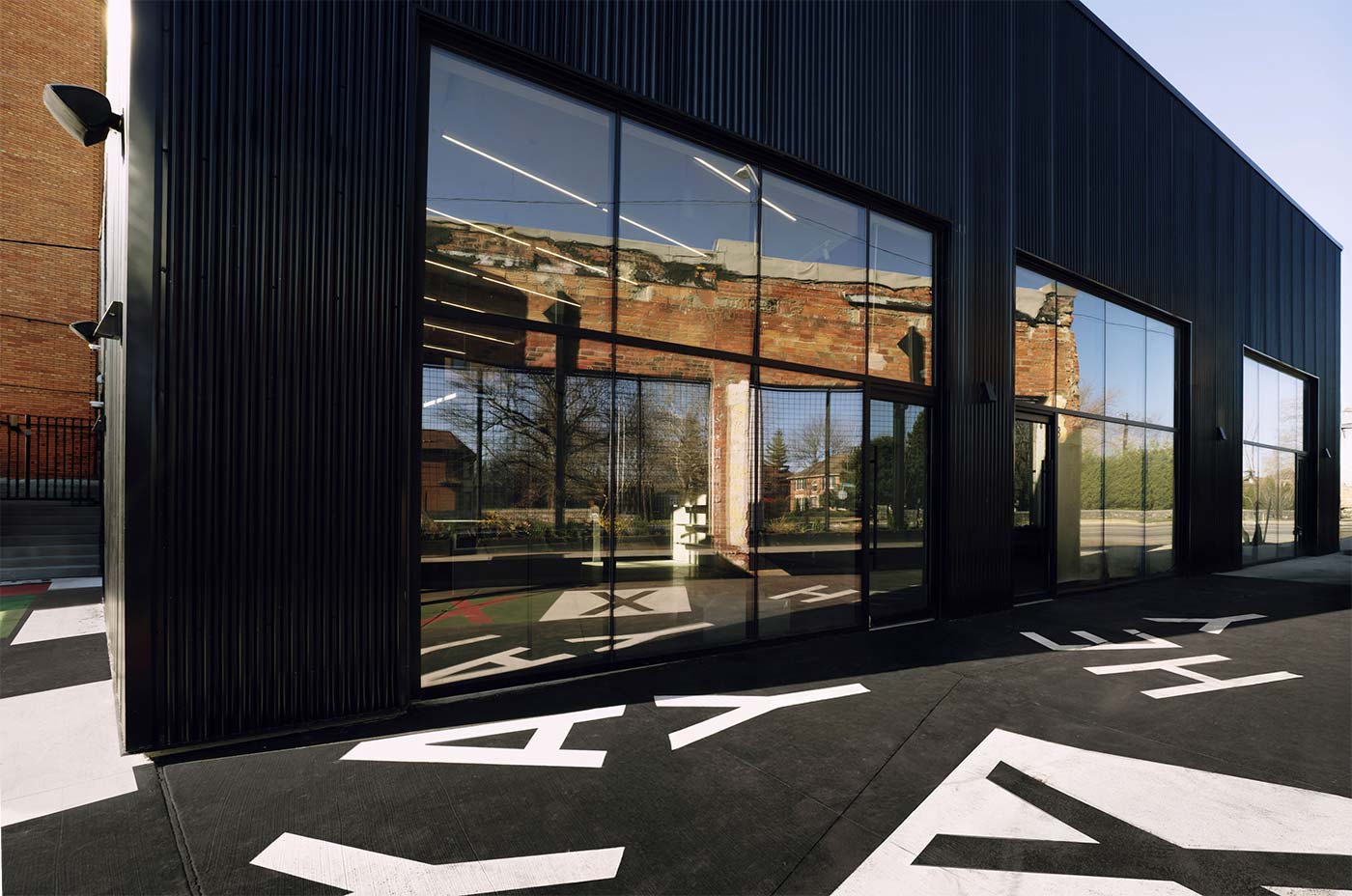
Next-Generation Factory-Built Housing Proposal Named NSF Regional Innovation Engines Program Semifinalist
In a transformative partnership, the University of Michigan will collaborate with Purdue University, Michigan State University, Notre Dame, and others to spearhead an innovative proposal for Next-Generation Factory-Built Housing (NextHouse). This collaborative effort aims to revolutionize manufacturing and construction processes in the housing industry, bringing forth advancements in materials and manufacturing, building construction automation techniques, and more to deliver sustainable, affordable, and high-performance housing solutions. The joint proposal, submitted as part of the inaugural National Science Foundation (NSF) Regional Innovation Engines Program, has earned the team a spot among the 34 semifinalists selected by the NSF.
The team at U-M consists of Arash Adel, assistant professor of architecture, who is co-director of the research section of the proposal and the lead for its advanced manufacturing research thrust; Kathy Velikov, professor and associate dean for research and creative practice at Taubman College; Wes McGee, director of the Taubman College FABLab and associate professor of architecture, Peter von Buelow, professor of architecture; Nima Fazeli, assistant professor of robotics and mechanical engineering; and Brian Love, professor of materials science and biomedical engineering.
The team will explore innovative techniques to enhance the efficiency, precision, materials science and structural integration, and sustainability of factory-built housing. The integration of robotic assembly and human-robot collaboration holds great promise for streamlining the construction process, reducing costs, and ensuring the highest quality standards.
Professor Adel commented on the collaboration, “We are thrilled to collaborate with esteemed researchers, industry partners, state agencies, and other stakeholders on this ambitious project. By leveraging advanced automation and manufacturing techniques, we have an exciting opportunity to reimagine the way we build homes, making them more accessible, efficient, and environmentally friendly.”
The potential impact of this research goes beyond the housing industry. By embracing advanced manufacturing and robotic technologies, the project aims to create a blueprint for scalable, cost-effective, and sustainable construction methods that could be applied to a wide range of construction practices in the future.
The selection of the NextHouse proposal by the NSF as a semifinalist underscores the significance and potential impact of the project. The NSF Engines program aims to foster collaborations between academic institutions, industries, government agencies, communities, and others to promote regional economic growth and drive technological innovation, with expected funding of up to $160 million over ten years. The finalists of the competition are anticipated to be announced later this year after an intensive interview stage.
For more information about the NSF Engines semifinalists announcement, please see here: https://new.nsf.gov/funding/initiatives/regional-innovation-engines/updates/nsf-selects-34-semifinalists-inaugural-nsf.









